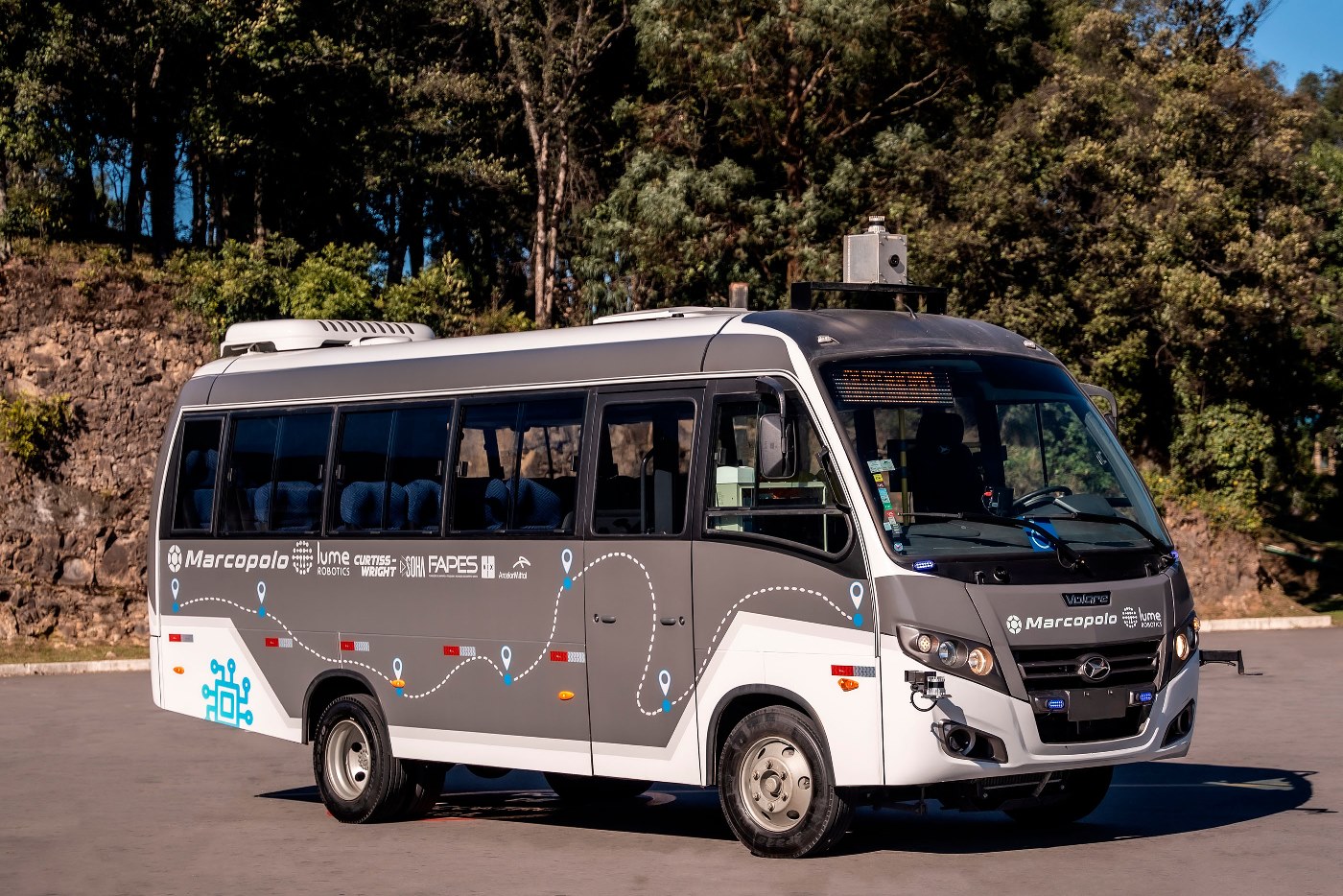
MARCOPOLO PRESENTS THE FIRST PROTOTYPE OF AUTONOMOUS MINIBUS IN SOUTH AMERICA
Project with a Volare Attack 8 is a pioneer on the continent. The vehicle was developed in partnership
with Lume Robotics to transit on low-speed closed circuits
Connected with the future of mobility, Marcopolo, through Marcopolo Next, the area responsible for accelerating the company’s innovation projects, in partnership with Lume Robotics, a Brazilian autonomous mobility startup, presents the first prototype of autonomous minibus in South America.
The result of two years of studies, in partnership with national companies, the project integrated the Volare Attack 8 model to operate completely autonomously, without the need for intervention or remote monitoring. The technology can be programmed to operate in the optimal range of efficiency, which reduces fuel consumption and the emission of pollutants, with a high level of safety and comfort.
“We have strengthened our leading role in the development of mobility solutions and have taken another important step in the company’s history. We invest in solutions designed for passengers, in the challenges of modern cities, and the autonomous vehicle is an example of innovation aligned with a global trend”, André Vidal Armaganijan, CEO of Marcopolo, points out.
“At the company, we look closely at the future of mobility and seek to act with cutting-edge technologies, identifying market opportunities, new areas of action and innovations. In addition to being a trend, since passenger vehicles are already advancing towards autonomous driving, we believe it is a modern and effective alternative”, he adds.
The development of the prototype, with a capacity for 21 passengers, received financial support from Fundação de Amparo à Pesquisa e Inovação do Espírito Santo [Espírito Santo State Foundation for the Support of Research and Innovation] (FAPES) and has an advanced robotic system to travel autonomously in specific situations, such as low-speed closed circuits.
For Rânik Guidolini, CEO of Lume Robotics, the first autonomous mini bus in the southern hemisphere is a technological milestone. “Thanks to the partnership between Lume and Marcopolo, Brazil ranks among a select group of countries that dominate the technology. We are talking about a project capable of delivering safety gains and operational efficiency to mobility systems”, he says.
The development also has partners such as Curtis-Wright, for the installation of the electric exchange selector, and Soha, a startup specialized in Internet of Things (IoT), which has developed sensors to monitor seat occupancy and seat belt use in real time.
Testing period
The prototype test cycles began in December 2022. With the success of the initial stage, the first evaluation took place in a real operating environment in March of this year, at the ArcelorMittal steel mill in Tubarão, selected as a tester-partner customer.
“The first studies for the development of the autonomous mini bus reinforce the knowledge and innovation potential of national engineering. In addition, this inserts us in a select group of countries that study the feasibility of the technology, such as the United States, Germany and China”, says João Paulo Ledur, Marcopolo’s director of strategy and digital transformation.
Chosen for Volare
Autonomous technology can be applied to any of Marcopolo’s buses, as long as they have automatic transmission, however the Volare Attack 8 was considered ideal for this stage of studies because it is versatile and well established in the market. All hardware and software are directly onboard the vehicle and do not require an internet connection, reinforcing the prototype’s cybersecurity, since all driving functions are done without internet access.
Electrical and pneumatic control modules have been installed to control steering, brakes, throttle and shift. The vehicle also has a data processing computer and a set of sensors – composed of four LiDAR (Light Detection and Ranging), installed on the front and rear sides, a camera, inertial measurement unit (IMU) and GPS – that make it possible to observe the surrounding environment, such as instantaneous speed, gear state, fuel level, possible failures, among others. All data is passed to the data processing computer, which controls the operation of the mini bus.
“As we are in the study phase, we believe that there are still aspects to be developed, both in the experience of using vehicles, as in the perception of passenger safety and in the connection and interaction of the mini bus with the external environment. Further tests and research will be carried out so that, in the future, the model will be a reality for the market”, João Paulo Ledur reinforces.
Click here to know more about the prototype https://materias.marcopolo.com.br/veiculo-autonomo-marcopolo
Technical sheet
Vehicle: Volare Attack 8
Length: 7,385 mm
Capacity: 21 passengers in Executive 875 seats
Motorization: Cummins ISF3.8 Euro 5
Power: 152 hp
Transmission: automatic
Brake system: pneumatic drive with ABS
About Marcopolo
Founded 73 years ago in Caxias do Sul (RS), Marcopolo is a leader in the manufacture of bus bodies in Brazil and ranks among the largest manufacturers in the world. The company is committed to the future of mobility, attentive to the development of new modes of transport, in addition to continuously investing in improvement, technology, design and expansion, producing solutions that contribute to the development of collective passenger transport. With factories on five continents, the vehicles produced by the company drive on the roads of over one hundred countries.

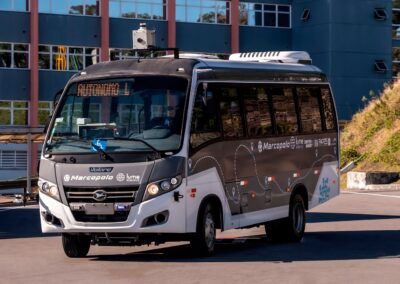
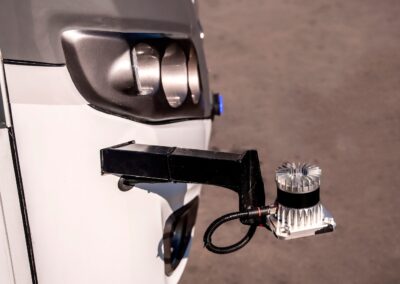
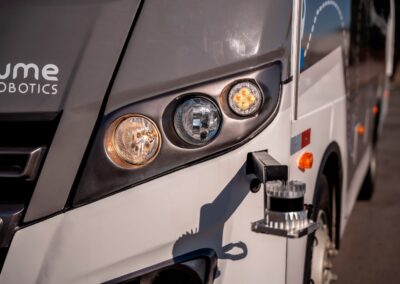
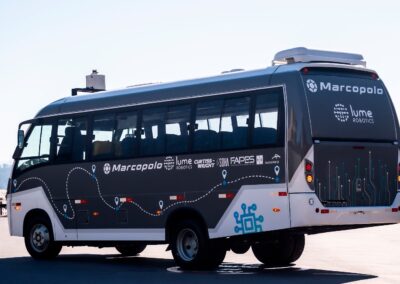
Recent Comments